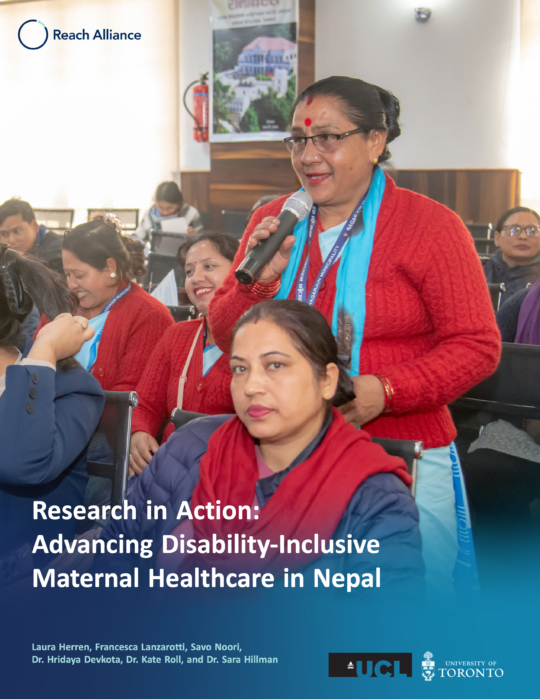One in three refugees resettled in high-income countries experiences post-traumatic stress disorder (PTSD) or depression, rates that are significantly higher than those found in the general population. Despite this heightened need, refugees often encounter substantial barriers to accessing conventional mental health services, including limited availability of language interpreters, persistent social stigma, and mental care that does not align with their cultural contexts. In Canada, where the mental health care landscape is increasingly complex, digital health interventions have emerged as promising alternatives to traditional services. This study investigates how various stakeholders perceive both the barriers and opportunities within Canada’s digital mental health ecosystem. By identifying these perspectives, the research seeks to offer actionable recommendations to improve access to mental health care through more equitable, culturally responsive, and technologically advanced solutions. Ultimately, the study advocates for the development of resilient healthcare infrastructure that fosters collaboration between policymakers, healthcare providers, and technology innovators to ensure digital mental health tools are inclusive, sustainable, and accessible to refugee populations in Canada.






